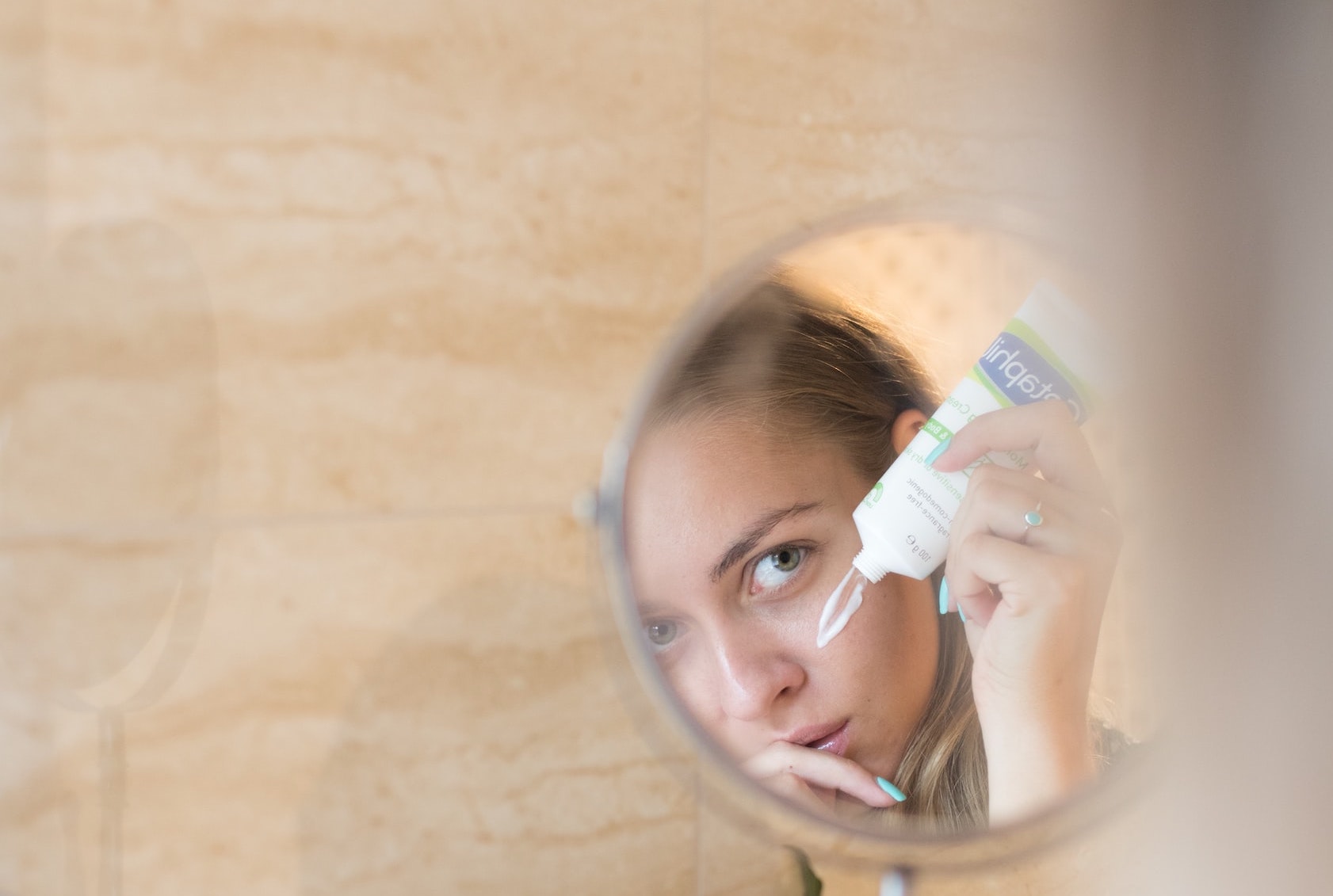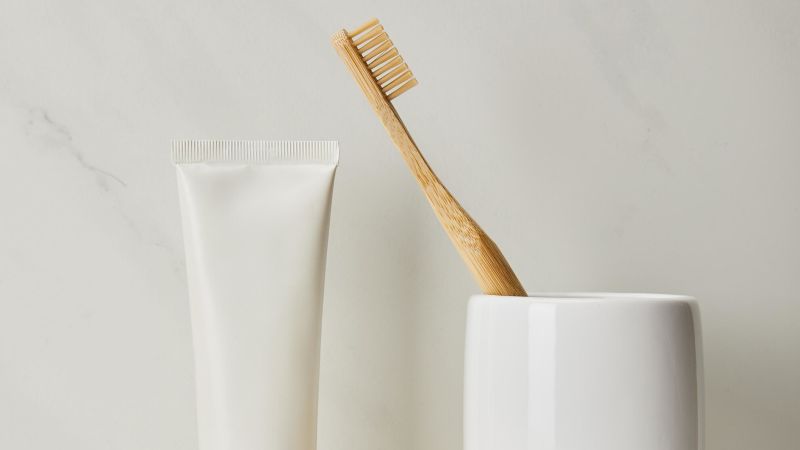BACKGROUND
Vetiver oil is obtained from the distillation of fresh or dried roots of Vetiveria (Chrysopogon) zizanioides sourced from various geographical regions, primarily for the fragrance industry. Further processing originates Acetylated Vetiver oil – AVO (CAS No 84082-84-8, EC No 282-031-1).
In June 2019, the Scientific Committee on Consumer Safety (SCCS) issued a corrigendum to its opinion on Acetylated Vetiver Oil – AVO (SCCS/1599/18). The SCCS considered the use of Acetylated Vetiver Oil with 1% alpha-tocopherol as a fragrance ingredient in cosmetic leave-on and rinse-off products as safe, based on concentrations set by the International Fragrance Association (IFRA). However, the SCCS highlighted that the inhalation toxicity of AVO was not evaluated due to lack of data and that safety assessment for sprayable products was needed.
On March 31 2023 the industry submitted a new safety dossier, focusing on the inhalation toxicity of AVO in sprayable cosmetic products to address SCCS concerns. Typical cosmetic applications include fine fragrance pump sprays, deodorant sprays, hairsprays, and body lotion sprays, with intended maximum concentrations (IMCs) of AVO ranging up to 0.9% (w/w) in fine fragrance sprays, 0.05% (w/w) in deodorant sprays, and 0.1% (w/w) in hairsprays and body lotion sprays. The European Commission requested the SCCS to conduct a safety assessment of AVO in sprayable cosmetic products in light of the new information regarding inhalation toxicity.
WHAT’S NEW?
In light of the information provided and taking into account the aggregate exposure and an in vitro study, the SCCS concluded that Acetylated Vetiver Oil (AVO) (with 1% alpha tocopherol) is safe when used at the intended maximum concentrations (IMCs) of:
- 0.9% (w/w) in fragrance pump sprays
- 0.05% (w/w) in deodorant sprays
- 0.1% (w/w) in hairsprays and body lotion sprays
These conclusions are aligned with the SCCS’s previous preliminary opinion in June 2019.
This preliminary opinion is open for comments until May 3, 2024.
References:
Scientific Committee on Consumer Safety (SCCS) – Opinion on the inhalation toxicity of the fragrance ingredient Acetylated Vetiver Oil – AVO (CAS No 84082-84-8, EC No 282-031-1) in sprayable cosmetic products – Submission IV, SCCS/1663/24, preliminary version of 28 February 2024.







